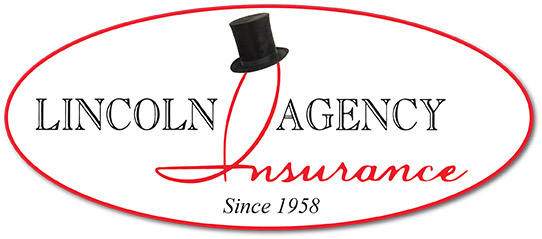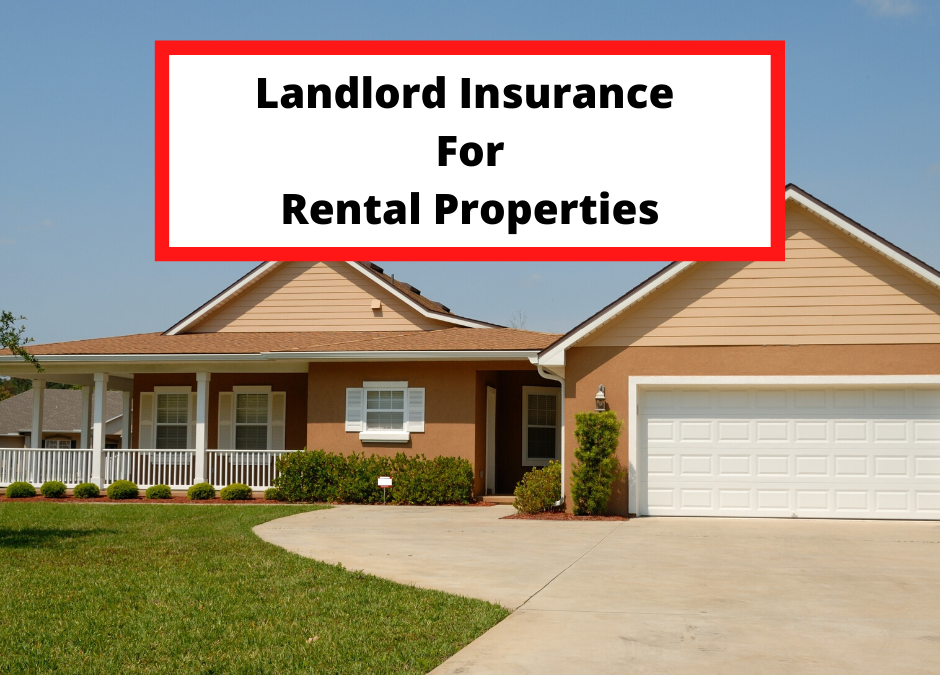Considering renting out your home or investing in a small residential property with a couple of apartments to generate extra income? The notion may be intriguing, and becoming a landlord can be rewarding, but it’s a decision you’ll want to consider carefully to make sure your financial interests are protected. Consider this: your homeowners insurance typically won’t cover a variety of risks you’ll be exposed to once you decide to rent out a residential property that you own. That’s where landlord insurance comes in. There are a number of ways to protect yourself. Here’s what you need to know about landlord insurance.
What Is Landlord Insurance?
Landlord insurance is coverage generally designed for owners of rental properties of one to four units, including apartments, condominiums, and single- or multi-family homes that you own and rent to others. It can help protect you from the potentially devastating costs of losses to your rental properties. It generally covers things like damage to the structures and can be customized to cover damage to systems, furnishings and appliances within those structures. One thing It won’t cover is the personal possessions inside the rental property that belong to your renters. Renters should have their own renters insurance policy to ensure their own personal property is covered. As a landlord, you may also want to add coverage to your Landlord policy for Loss of Rent, should an event occur that renders the property unusable.
Do I need Landlord Insurance?
If you’re renting out property that you own, you need landlord insurance to protect you from possible losses. Landlord insurance can help ensure that you protect yourself against the costs of property damage and personal injury to a tenant or a visitor to your property.
Here’s another point to consider if you’re planning on acquiring a mortgage to purchase a property to rent out to others: mortgage lenders typically require proof that the rental property is insured appropriately before they will issue you a loan. As a result, you may want to do some research ahead of time, including exploring your options for landlord coverage and speaking to your insurance agent for guidance, so that you will be prepared to “check that box” when a mortgage lender asks you about it.
Am I Considered a “Landlord”?
Believe it or not, you may be a landlord and not even realize it. For example, if you’ve been trying to sell your home without success and you need to make a move soon, you might decide to rent out your home for the time being. You may consider this to be a temporary solution to your housing dilemma, but guess what? Your renting action makes you a landlord, and that means your finances are at risk if something happens to the home or the tenant renting it. If you’re renting out a property in any way, you’ll want to obtain the appropriate landlord insurance policy to help ensure you’re fully protected.


